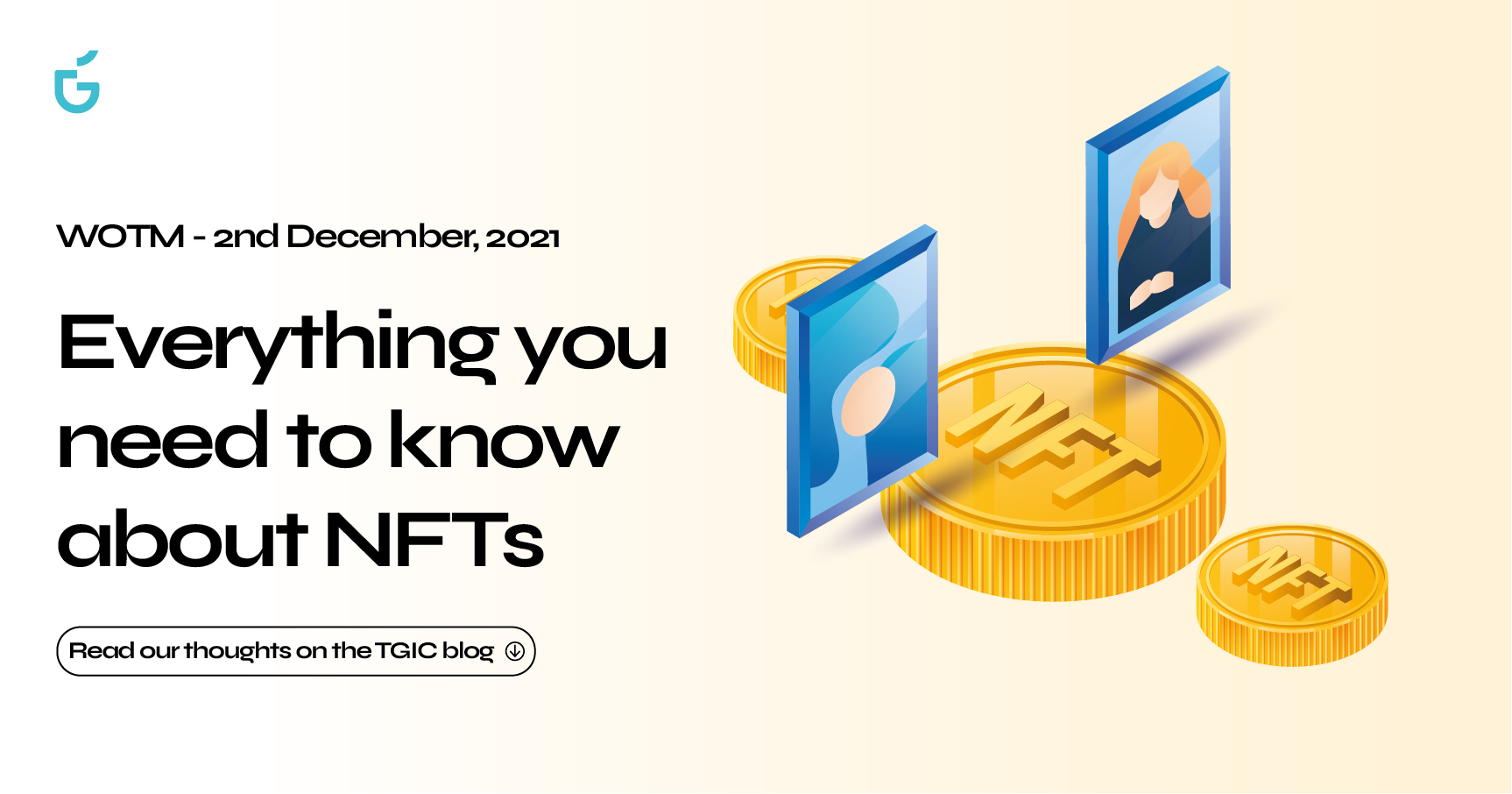 Africa
AfricaUnderstanding how companies are valued – A look into the MainOne acquisition
15 December, 2021
09 December, 2021 | 4 MINS READ
The Story
2021, has so far been an interesting year for financial markets. The stock market in particular has beat analyst expectations for the year. Given the impressive performance of the stock market in 2020, expectations were that the market will rescind in 2021, but that didn’t happen. To review the performance of the stock market (US & Nigeria) in 2021, let’s look at how the market has performed in each of the 4 quarters of the year.
The US stock market in Q1 2021
Q1 2021 started out with a lot of uncertainties. There were agitations around the swearing-in of President Biden, slow roll out of vaccines and worries about how fast economies will recover from the economic woes of covid-19. Investors’ sentiment turned positive after Q4 corporate earnings were released. The financial reports showed 79% of the companies in the S&P 500 index reported earnings above forecast.
This together with the $1.9trillion stimulus package by the US government and the assurance from the Federal Reserve (Feds) that there will be no increase in interest rate, brought back positive activity to the US stock market. The S&P 500 gained 6.25% at the end of Q1 2021.
Despite the return of positive activity to the market, there was a sell-off of technology stocks in Q1 2021. Investors moved from growth stocks to stocks that would benefit most from the reopening of the economy. Sectors like financials, utilities and staples were favoured above tech stocks at the time. The Nasdaq 100 (an index that tracks the 100 largest companies listed on the Nasdaq stock exchange) dipped by 1.8% in Q1 2021.
How the market fared in Q2 2021
Rising inflation became a major concern in Q2 2021, investors were worried the Fed might be wrong about inflation being transitory and might have to raise the interest rate to combat rising inflation sooner than expected. An action that could potentially lead to a recession and cut stock valuations.
And so, when the federal reserve announced it could start raising interest rates as soon as 2023, which is sooner than anticipated, the stock market recoiled. This notwithstanding, the market went on to record an all-time high at the end of June 2021.
Corporate earnings remained positive with 86% of companies in the S&P 500 reporting higher than expected earnings. Economic data also showed that the US economy was recovering quite well from the pandemic with a significant number of employees returning to work.
Growth stocks were back to being highflyers. Tech stocks gained 11.6% in Q2 2021 and the energy sector rose by 11.3% in the same period. The S&P 500 rose by 8.5% in Q2 2021, while the Nasdaq 100 was up by 11.4% in the same period.
A shaky Q3 2021
The direction of financial markets in Q3 2021, was shaped by the delta variant of the coronavirus. The first 2 months of the quarter saw the bulls charging through the market despite concerns about inflation, covid-19, and slowing economic growth. September however came through with more to be concerned about.
The number of covid-19 cases rose, fears of the ripple effect of the failure of Chinese real estate giant, Evergrande on financial markets, the energy crunch in Europe and Asia, and issues around the lifting of the debt ceiling in the US made the stock market retrace the gains from the prior months.
Despite strong corporate earnings, the S&P 500 closed the quarter with a meagre growth of 0.6% in Q3 2021, while the Nasdaq 100 grew by 1.1% within the same period.
What Q4 is looking like
Q4 is proving to be a volatile quarter for the US stock market. In October, the stock market had the best month of the year with the S&P 500 rising by 6.9% and the Nasdaq 100 gaining 7.6%. The bullish run in the stock market in October was buoyed by impressive Q3 corporate earnings and a push for the infrastructure bill by congress.
This could not be sustained in November. The fed’s announcement of a slowdown in its bond-buying program and the uncertainty around the omicron variant of the coronavirus led to a retracement of the gains. The S&P 500 closed in November with a loss of 0.7%, while the Nasdaq 100 rose by 1.9%. Fears about the spread of Omicron have continued into December, stock market performance for the month will depend on how much risk omicron poses to economies around the world.
The Nigerian Stock Market
After an impressive performance in 2020, the Nigerian stock market has had an uninspiring run so far in 2021. The Nigerian stock market gained 50% in 2020, it was ranked the best performing stock market in the world for the year. These record gains came on the back of increased interest in the stock market. Prices of blue-chip companies listed on the exchange fell to record lows after the market’s initial reaction to the pandemic. Rates on fixed income instruments were unattractive, and so investors turned to the stock market.
The increased interest in the stock market continued into January 2021, as the market gained 5.3% in January. But the market started to wean as the quarter progressed, late earnings releases and a rise in rates on fixed income instruments saw investors exit the stock market in February 2021. The All-Share Index (ASI) fell by 6.1% in February and 1.9% in March 2021.
The bearish sentiment in the market continued into the second quarter of 2021. Economic headwinds such as rising inflation, foreign exchange scarcity and low participation of foreign portfolio investors in the market translated to a 5.87% decline in the ASI at the end of Q2 2021.
The third quarter of 2021 was a lot better for the Nigerian equities market than the first 2 quarters of the year. The market picked up in September on the back of expected positive Q3 financials, the inflow of foreign exchange from the sale of Eurobonds, and the increase in oil prices. Investors expected that the inflow of foreign exchange would ease the scarcity in the foreign exchange market and improve the value of the Naira in the parallel market. This we saw happen in October/November 2021. By the end of Q3 2021, the loss of the ASI had reduced to negative 0.12% on a year-to-date basis.
The positive momentum in the Nigerian stock market from Q3 2021, has continued into Q4 2021. The ASI as at the time of writing has improved to 4.3% on a year-to-date basis. Positive news about companies in the telecommunications sector (MTN & Airtel) also accounts for the positive momentum in the market. 2 of the major players in the telecommunication space in Nigeria both of which are listed companies on the Nigerian stock exchange, got approval for their mobile money licenses in November 2021.
It is also important to note that the Nigerian Stock Exchange (NSE) was changed to the Nigerian Exchange Group (NGX). The exchange went from being a nonprofit organization to a profit-oriented company and is now a listed company, trading on the exchange.
What we expect from both markets in 2022
Despite the risk of prolonged supply chain disruptions, tightening of monetary policy by the Feds, labour shortages, and a resurgence of the coronavirus, analysts are quite optimistic about the performance of the US stock market in 2022. The US economy is expected to continue to grow in 2022 though at a slower pace than 2021. Corporate earning has been projected to remain strong given increased consumer spending. Expectations are that the market will be volatile but will have a positive run in 2022.
2022 is a pre-election year in Nigeria, and historical records show the Nigerian stock market is usually bearish in pre-election years (-17.8% in 2018, -16.14% in 2014). Foreign Portfolio Investors (FPIs) tend to exit the market in pre-election years to avoid the uncertainty that comes with elections in countries like Nigeria. The dynamics of investors’ participation in the Nigerian stock market has however changed, foreign investors no longer dominate the market.
The direction of the Nigerian stock market in 2022 will be determined by a number of factors, some of which are: government’s policy on subsidy, foreign exchange, inflation, and the return on fixed income instruments.
 Africa
Africa15 December, 2021
 Africa
Africa01 December, 2021
Join the biggest
investment club in Nigeria.